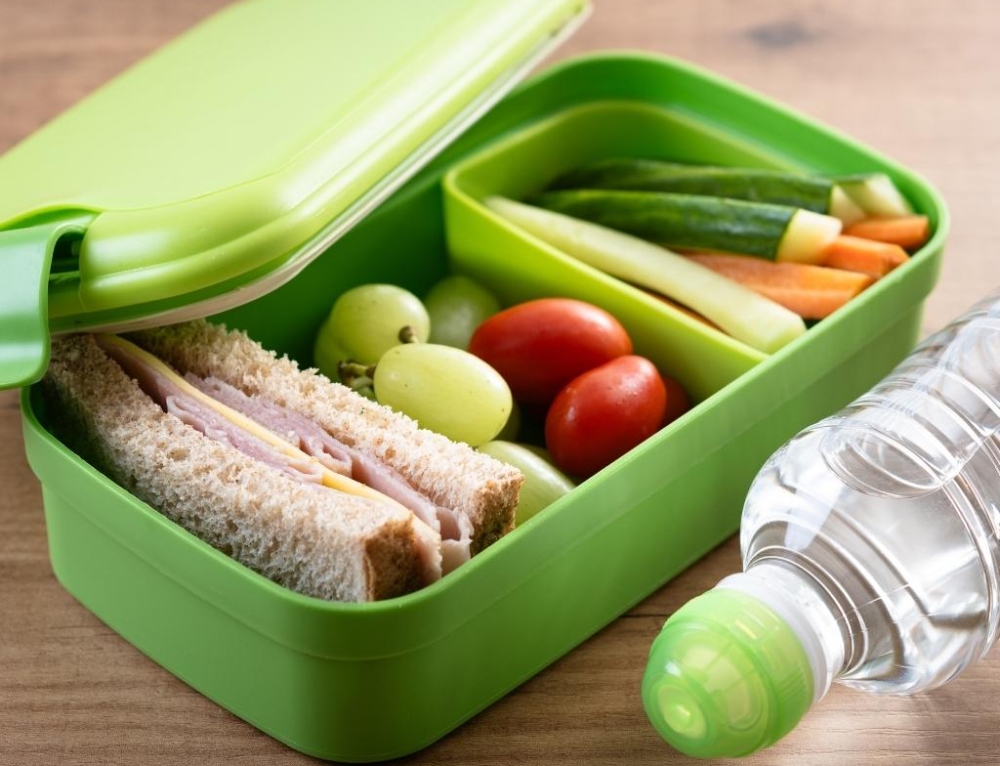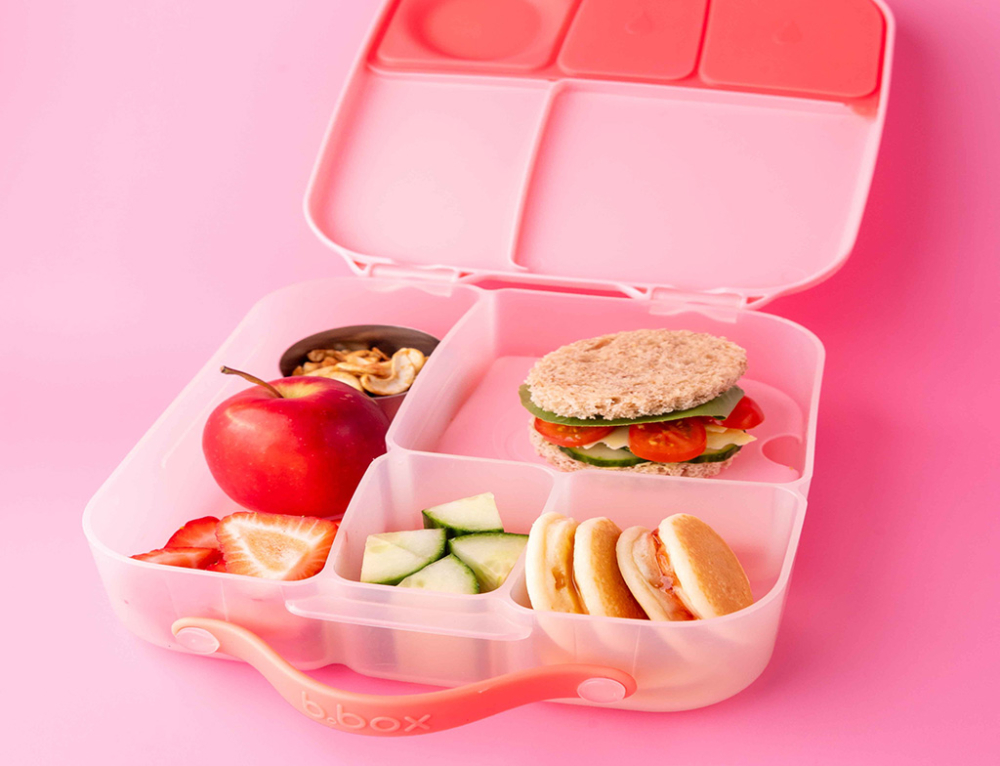Attentiveness in the classroom can be a key indicator that a child has had breakfast, according to the results of a recent survey of 1,000 Australian primary and secondary school teachers. In contrast, tiredness and lack of concentration are tell-tale signs that a child has skipped breakfast.
The findings revealed:
- 96% of teachers say students who eat breakfast pay more attention
- 88% of teachers say that students who eat breakfast perform better at school
- 79% of teachers say that students who eat breakfast are more interested in learning than those who don’t
- When asked to nominate their choice of the best breakfast options for students, teachers nominated breakfast cereals as the most popular option.
Dr John’s tips for helping your child succeed at school include:
Dr John Irvine, leading Child Psychologist, says “parents should not underestimate the benefits of a good breakfast in helping kids perform to their best at school”.
“A nutritious breakfast can help kids’ bodies and brains cope with the busy mornings at school”, said Dr Irvine.
Breakfast cereals can be a good option as a breakfast choice.
High fibre diets can also help kids feel full between meals so they can focus on learning and are less inclined to fill up on junk food” says Dr John.
Breakfast and mood
Research has found that breakfast is associated with a more positive mood. Some of the reasons for this include:
- Be Prepared – summarise notes, complete old exam papers and discuss the exam topics with teachers, family, friends – even your pet dog or plant is a good sounding board. This helps the brain to store information effectively.
- Do try to have good breakfasts – a nutritious breakfast will help bodies and brains cope with exam stress and busy mornings at school.
- Take time out – being switched on for top performance also means knowing how to switch off. Use relaxation time to catch up with friends, listen to music or watch a good movie, do some exercise even if it means walking that dog that was prepared to listen to your answers – if you can get the endorphin levels up with fun and exercise that’s good for brain functioning and for fighting depression and stress.
- Take control – don’t fall for the pre-exam nervous natter outside the exam room. Use your “right” brain – go off somewhere quiet and visualise yourself ploughing through the paper, visualise what you might do after the exam to relax. Just don’t try last minute cramming…it just clogs up the brain.
- Know your learning style – know how you best learn. Some work best in short bursts, some better in the morning, some better with semi-classical music background, some by seeing their summaries in diagram, mind maps, acronyms or picture form – whatever you do, don’t just read notes, that doesn’t mean you’ve learnt anything, it just proves you can read!
- Think Positive – use positive self talk and avoid negative people and thoughts before the exam as that gives your performance much more energy.
- Don’t rush – in the exam room do a few deep breaths, relax ready for action, read the questions first, decide on choices, decide on which to tackle first and prepare your thoughts before launching into attack – that way the examiner knows how you’re thinking and where you’re heading.
Carbohydrates
Several studies have shown that consuming high levels of carbohydrate is associated with better mood. As most breakfast cereals are high in carbohydrate, this offers one possible reason why eating a high carbohydrate breakfast is associated with an improved mood.
Taste
It has been shown that not only do the sensory aspects of food (such as taste) play a role in the enjoyment of food, but the appearance (colour and shape), texture, fat content, temperature and even the sound of chewing all contribute to the overall flavour perceptions of food. If you enjoy what you eat this can help lift mood.







Leave A Comment
You must be logged in to post a comment.